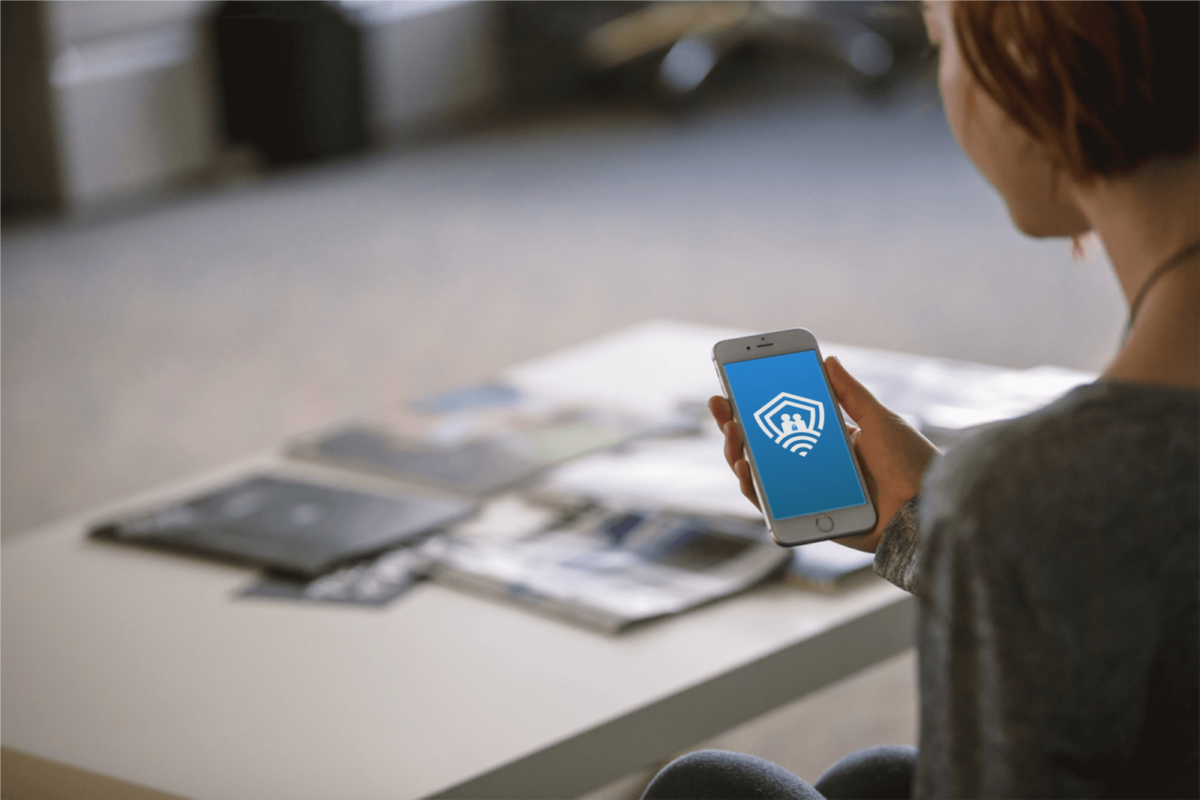As students prepare to head off to college it can be exciting and stressful for both parents and kids. There are a lot of things to consider from dorm assignments to navigating the campus. In fact, one of the biggest concerns parents have as their child heads off to college revolve around safety since college comes with a new-found freedom for students who are meeting new friends and classmates. However, there is an unfortunate dangerous side with this new collegiate community since not everyone is who they say they are and it’s often discovered too late.
Thomas Kopec, a Co-Founder for the smartphone app, Adult Real ID, understands the danger all too well, “My son’s friend, Taylor Behl, was just seventeen when she was starting a new life as a freshman at Virginia Commonwealth University and disappeared two weeks later. Taylor had met a 38-year-old photographer named Ben Fawley when she was visiting the campus and had no idea he had nefarious intentions. One night, she left her dormitory room at VCU, got into her car with Fawley, and she was never seen alive again. Her body was discovered over 75 miles away from campus one month later. This is just one reason why safety for students is personal for me and why I wanted to create an app like Adult Real ID.”
Kopec’s business partner is a former FBI agent, Jay Kanetkar, and the smartphone app is designed to keep users safe when meeting online connections and strangers. He says, “As an FBI agent, I saw first-hand the risk that online predators pose to both children and adults. That’s why I knew I had to do something to address the threat.”
Kopec and Kanetkar have some vital campus safety tips for students heading to college this fall.
1. Get to know neighbors in the dorm or in off-campus housing. Living alone or away from home for the first time can be overwhelming and becoming friendly with neighbors can create a sense of community and support while looking out for each other.
2. Share class schedules with roommates and parents. Students are encouraged to disclose their class timetables to roommates and parents so that they are able to detect anomalies or discrepancies, should they arise.
3. Stay aware of surroundings and avoid walking alone at night. Students should remain mindful of their environments, especially when they find themselves alone. It is crucial to avoid distractions including being absorbed in texting or talking on the phone when walking to and from the car, class, or coffee shop. Criminals often target people who appear distracted or confused. Also, whenever possible, travel with a friend or a group, especially after dark.
4. Communicate whereabouts to roommates and family. Students are advised to inform their roommates or trusted acquaintances of their intended destinations and anticipated return times—whether they are heading to the library, class, gym, or to meet up with dates or friends. By doing so, these acquaintances can remain aware of their schedules and respond if returns are delayed or if they need to check on their well-being.
“One of the advantages of Adult Real ID is that it allows users to add an event that includes who they are meeting and facilitates the incorporation of verified acquaintances who have successfully undergone a verification process,” according to Kanetkar. “Events can be monitored and tracked until the successful return from the event through the app’s Meeting Tracker. The goal of this feature is to prevent abductions or possible violence.” This approach fosters secure interactions by connecting with other validated users, thereby mitigating the risk of counterfeit profiles and deceptive relationships.
A number of college campuses have already added the app as a new layer of security for their students according to Kopec, “Several universities including Princeton, Texas A & M, and Rutgers have seen the value of Adult Real ID and have secured app subscriptions for every student returning to college this school year to help them stay safe on and off campus.”
Everyone concerned about safety when meeting strangers masquerading as ‘friends’ on the Internet or even in real life meetings needs a powerful tool that ensures their well-being. Adult Real ID sets a new standard for responsible online connections and users can get a subscription for as low as $3.00 per month. The app goes beyond identity verification by prioritizing user safety during face-to-face meetings, secure meeting arrangements, emergency assistance features, and fostering a safer digital landscape for everyone.


